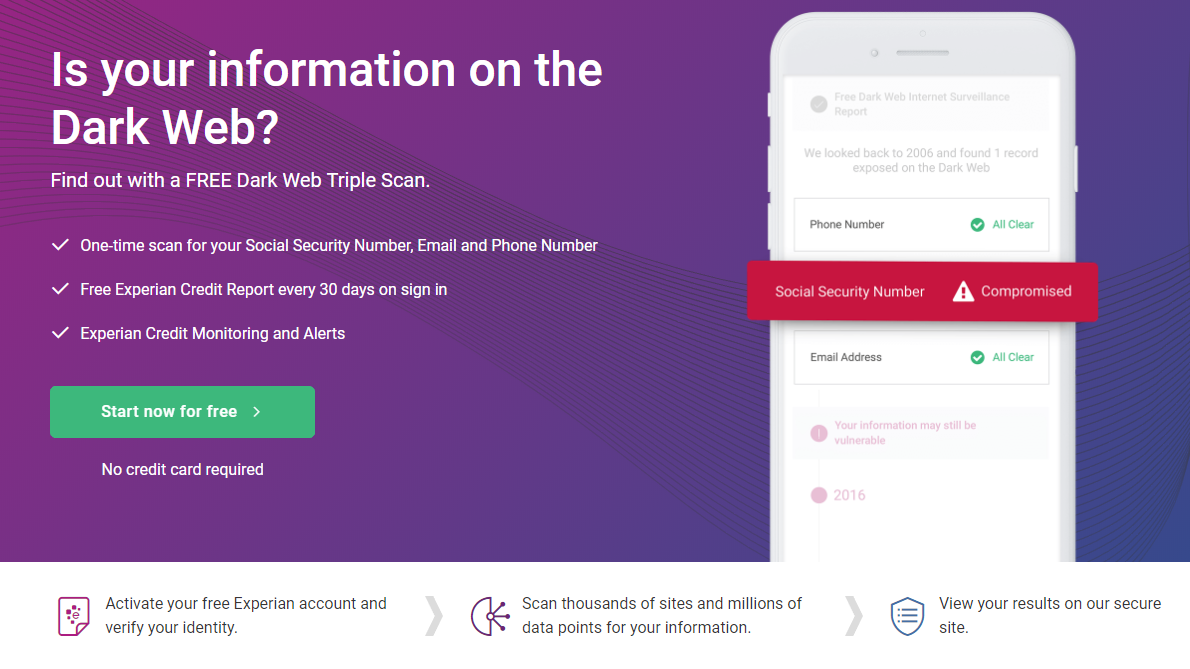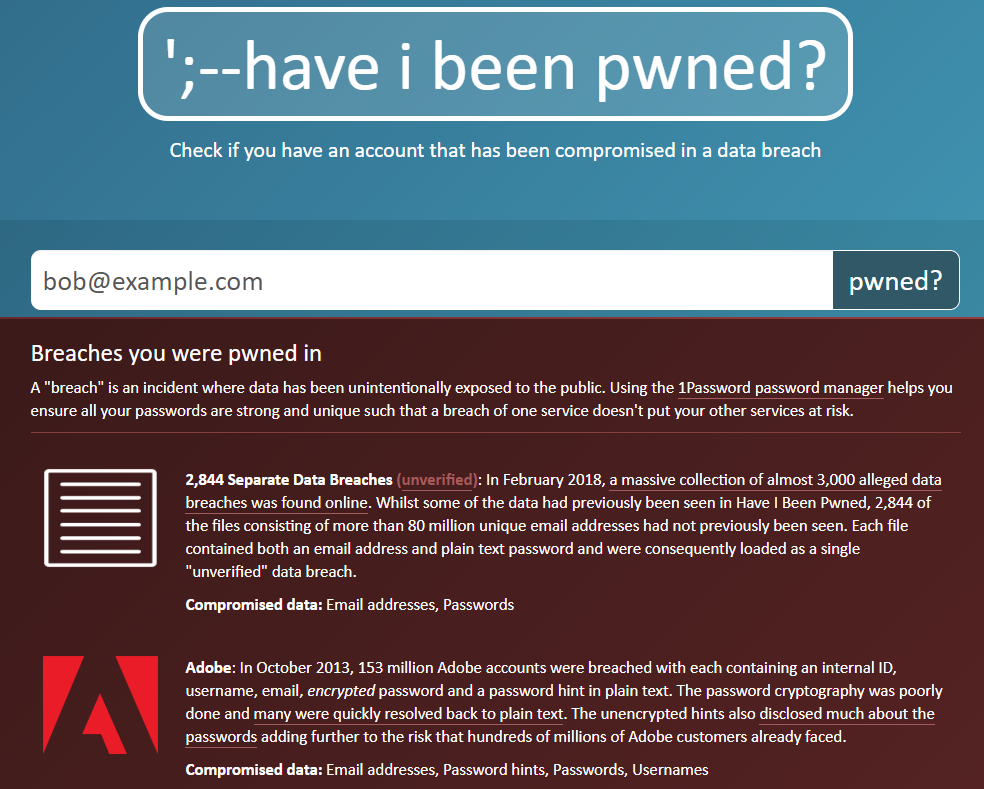You may have heard the term “dark web” used recently on TV commercials and the news. But what does it really mean? A companion term, “deep web,” can introduce even more confusion.
We’re here to explain. Let’s look at the differences between the deep web and dark web, what these are, and what you should know about their place on the internet.
The Deep Web
What constitutes the deep web is pretty simple: it’s parts of the internet that don’t show up in search engines like Google. These include private Facebook groups, company websites that require you to log in, accounts with services like Dropbox, and more.
They all require you to visit a specific URL and almost always log in with credentials. So as opposed to the “surface web” that you can access through Google, deep web pages often require you to manually go looking for them.
The Dark Web
The dark web refers to internet content that is hidden and only accessible via a certain type of software. These sites exist on a separate overlaid network that uses the internet as a backbone, but requires you to know the exact address of where you want to visit with special tools. You would thus never stumble upon dark web pages just by clicking around.
As its name hints at, the dark web is home to shady activity. It’s commonly used by criminals for fraud, hacking, scams, and other such practices—some even sell drugs. This was the case with the infamous Silk Road website, which was a major black market resource for selling illegal drugs. The FBI shut down the site in late 2013.
However, not everything on the dark web is illicit. It’s useful for anyone who wants an additional layer of privacy. Sometimes whistleblowers or people in countries without freedom of speech stick to the dark web so they can remain anonymous, for instance.
The Dark Web and You
All this talk about the dark web sounds exciting, so you might be interested in visiting it. As it turns out, most people won’t ever need to visit the dark web. While the main web has a wealth of content, you might still be curious about what the dark web holds. And just because it’s hidden doesn’t mean you have to completely avoid it.
If you do decide to go on the dark web, you should be aware of what you could potentially stumble upon. Due to the anonymous nature of the dark web, a lot of illegal activity takes place there. You may find sites that sell stolen private information, counterfeit money, drugs, or other criminal services like assassins.
Now, some of these are likely scams, or even traps to catch people who try to hire these kinds of services. Not everything on the dark web is illegal or nasty, but a lot of it won’t be applicable to the average person.
Dark Web Scans
You might be curious about the dark web scans you’ve seen advertised on TV. Companies like Experian offer to run scans of the dark web to check for stolen personal information like your Social Security number or passwords. While these services offer some value, they may not be worth spending money on.
As we’ve discussed, the dark web is not an interconnected set of sites like the normal web is. Thus, it’s impossible for a company to scan the entirety of the dark web and monitor transactions in real time. Instead, what they do is scan dumps of leaked data and tell you if they find any of your info there.
This is a service that the website haveibeenpwned, a project by security expert Troy Hunt, can do for free. Simply enter your email address and you’ll see if it’s been a part of any known data breaches.
Even better, if you click the Notify me tab at the top of the site, you can enter your email address to sign up for alerts. Then, when your email address turns up in a list of breached information, you’ll get an alert so you can take the appropriate action.
However, if you think your information may have been compromised and would rather pay for a comprehensive scan, it’s worth considering what Experian and others offer. Just be aware that no scan can look at the entirety of the dark web to see if your information has leaked.
Credit Freezes
If you want to protect your credit information, you should consider setting up a credit freeze. This blocks new creditors from accessing your file and requires you to provide a PIN to temporarily unfreeze your account. Thus, if someone tried to open a fraudulent line of credit in your name, they would be blocked by the freeze.
This is handy, but isn’t ideal for everyone. Temporarily unfreezing your credit can take a short time to come into effect, which means you might not be able to run a credit check right after unfreezing it. Thus, you should weigh the potential disruption against the increased security. We provided more info on freezing when we discussed the major Equifax data breach in September 2017.
If you choose to set up a credit freeze, you’ll need to do so with each of the three major credit bureas: Equifax, Experian, and TransUnion. Freezing your credit used to cost money, but is now free. You’ll need personal information like your Social Security number and birthday to do so.
Follow the links below to get started.
Bringing Light to the Dark
Now you know a little bit about the deep web and dark web. In summary, the deep web refers to any page that you can’t access through search engines like Google. The dark web is a network overlaid on the internet that you can’t access without special software.
You shouldn’t worry much about the dark web. The average person doesn’t really every need to visit there, and any major breaches that occur on the dark web will eventually be made public. But it is helpful knowing about this, so you can cut through all the hype in the media.

